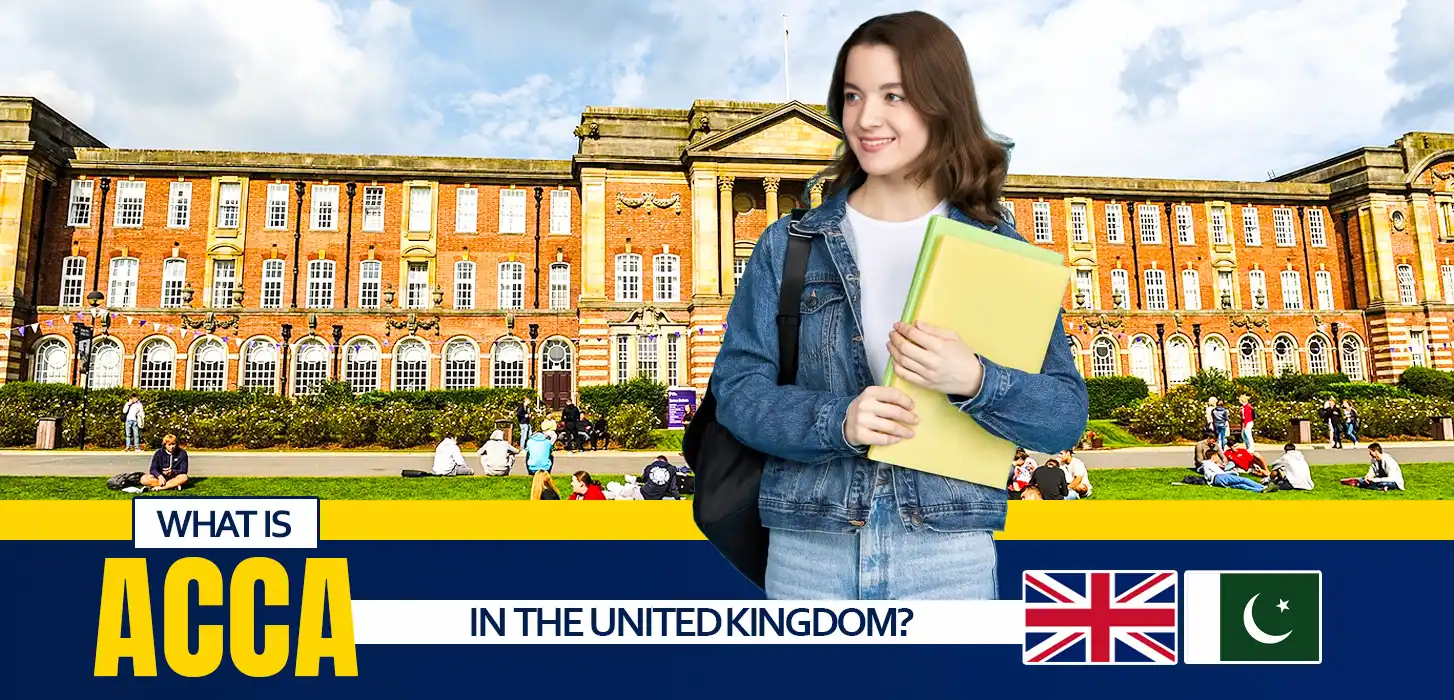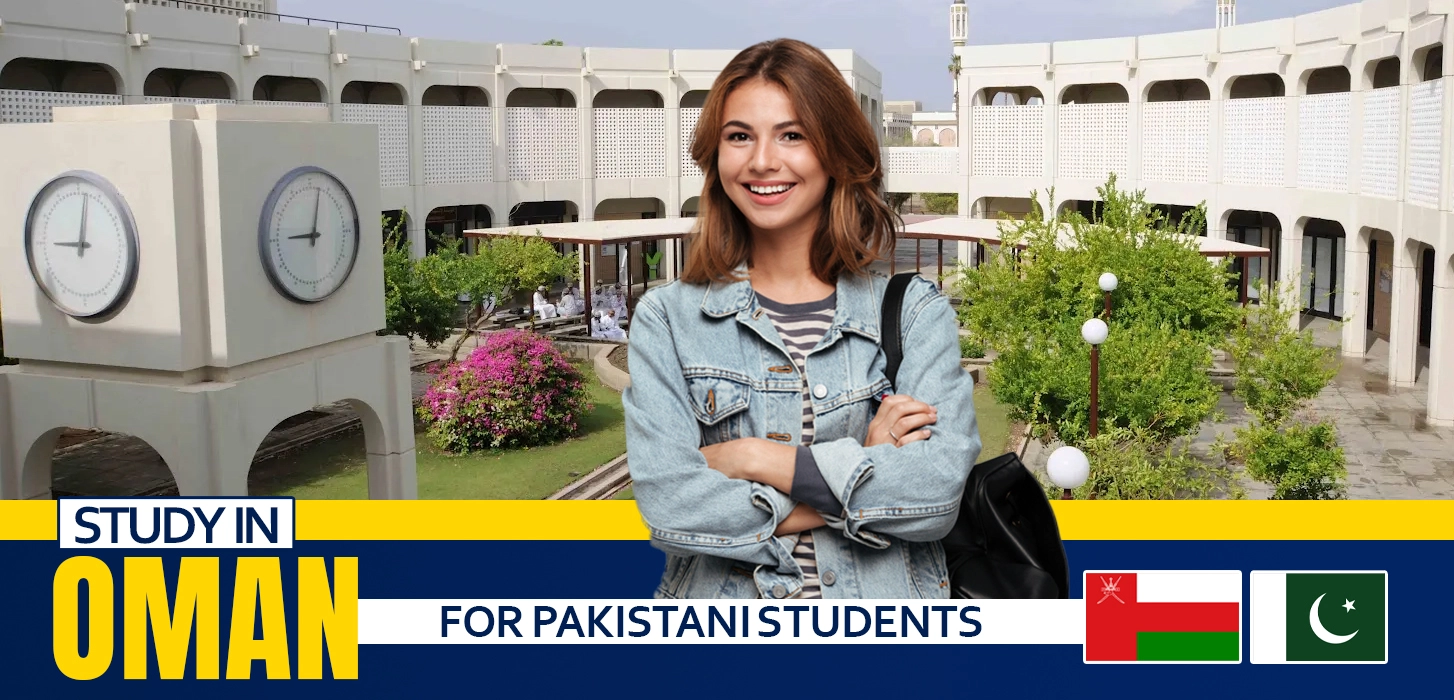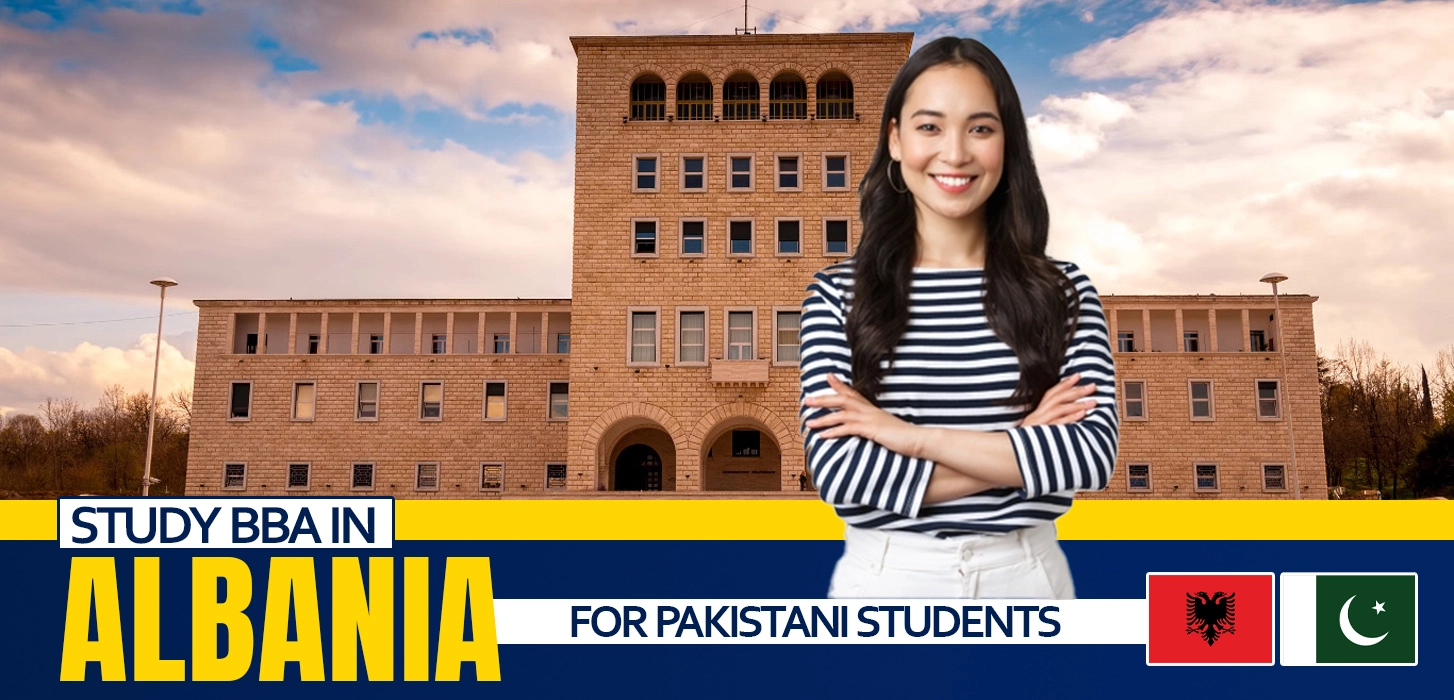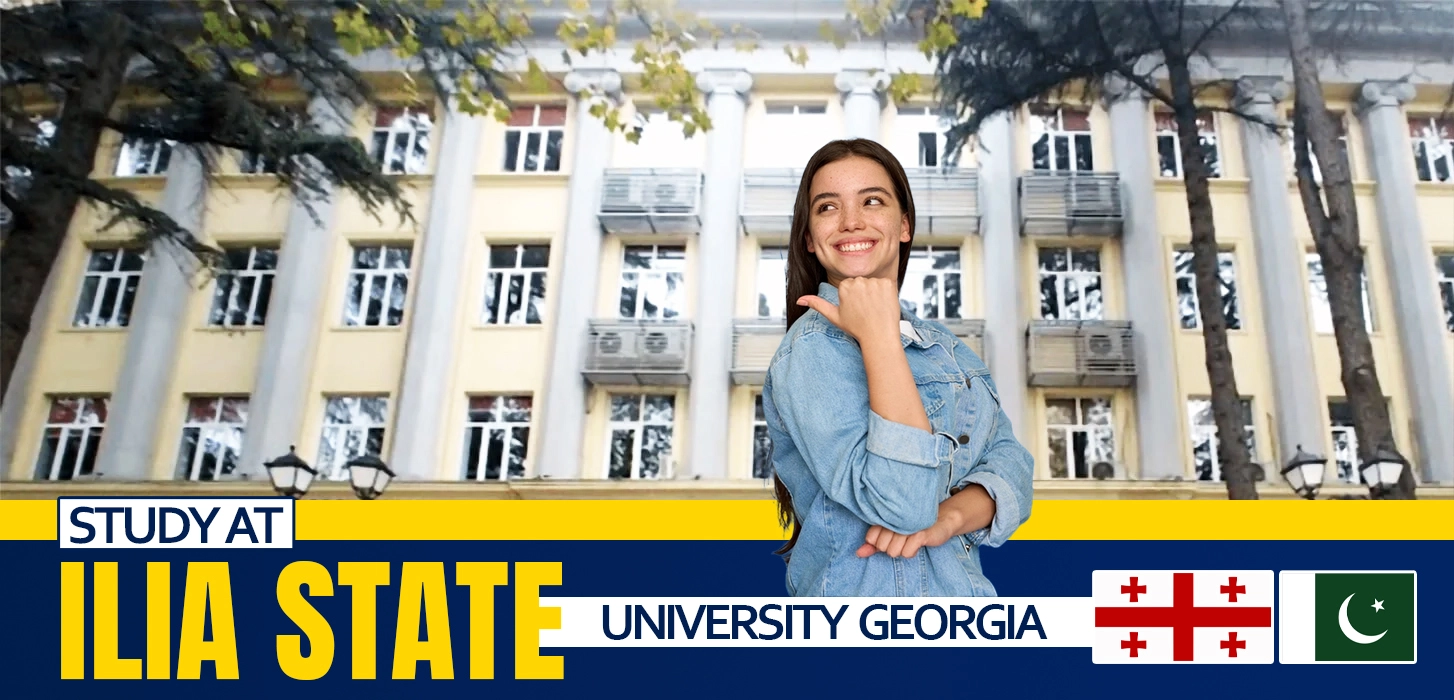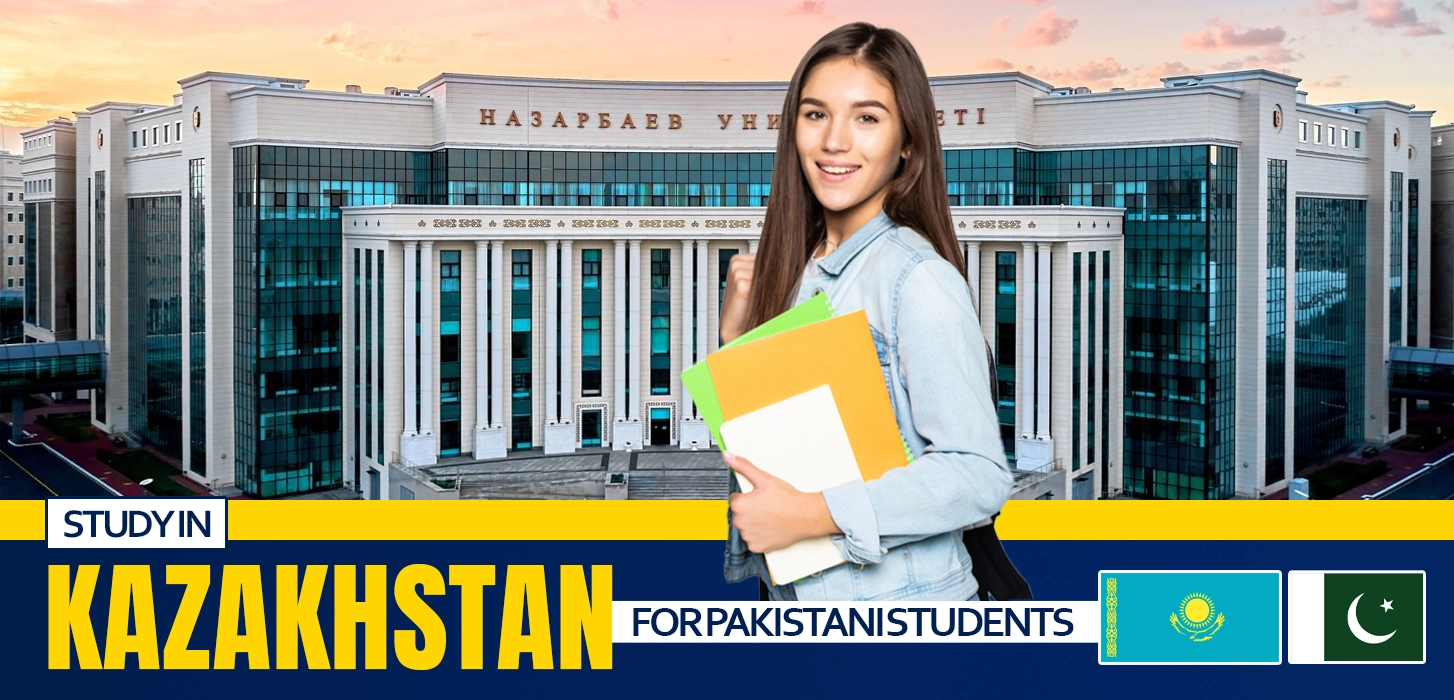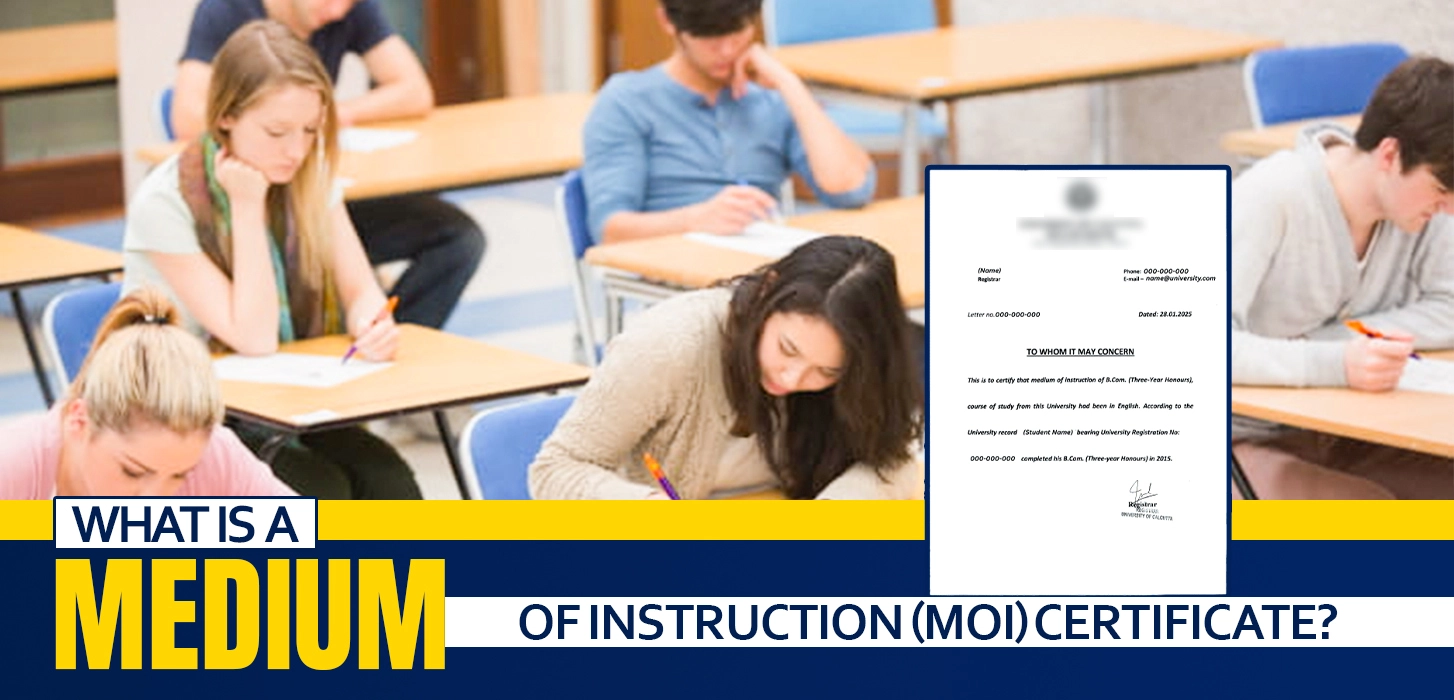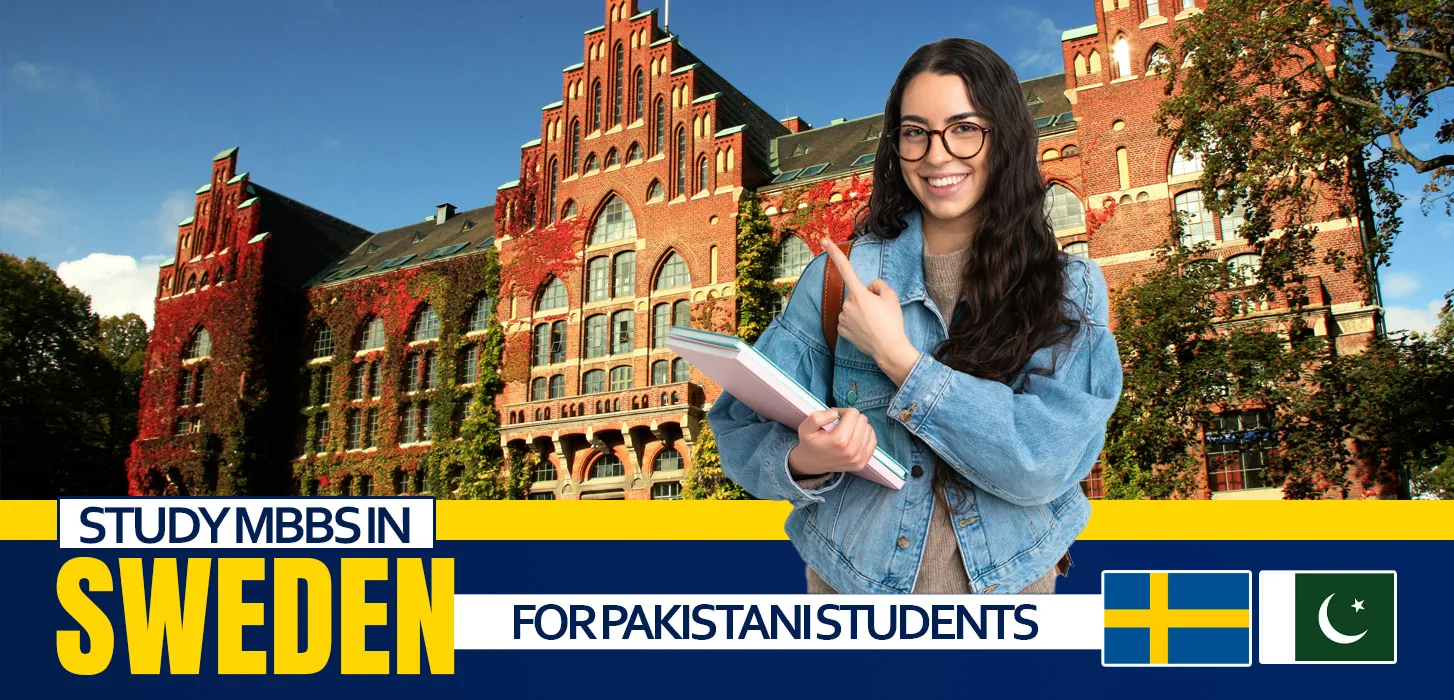Impact of Russia-Ukraine War on Education: Consequences 2025
Education is the pillar of every country’s growth and stability. But wait! When war erupts, this foundation begins to break. Russia-Ukraine is one of the live examples. However, this war has severely impacted Ukraine’s higher education sector. Ukraine, once known for its strong universities, is now facing the harsh reality of conflict. The war with Russia has not only shaken the economy but also deeply affected the education sector badly. Campuses that were once filled with students are now empty or damaged.
As per joint study by the World Bank, Ukrainian government, EU, and UN, As of February 2024, 21% of Ukraine’s higher education institutions and 31% of research centers have been damaged or destroyed due to the Russian invasion.
Students and teachers have been forced to flee, and many universities struggle to continue classes. Despite these challenges, efforts are underway to rebuild the education system, but recovery remains slow and uncertain in many regions.
Background of the Russia-Ukraine Conflict
This Russia-Ukraine war has raised many questions. This war had left a lasting negative mark on Ukraine’s education system. Many international students now question whether it’s safe to continue their studies there. For more on this topic, you can check out Is It Safe to Study in Ukraine After the War?
The Russia-Ukraine conflict has deep roots in history. Initially, Ukraine was also a Soviet Union member until 1991. After the Soviet Union collapsed, Ukraine became an independent country. However, the Russian government had the malice of their separation. They always saw Ukraine as part of its sphere of influence. This tension between those two nations started growing in the early 2000s.
Russian Invasion & Annexation of Crimea
In 2014, Russia annexed Crimea, a region that was part of Ukraine. This move followed protests in Ukraine that removed the pro-Russian president, Viktor Yanukovych. After Crimea’s annexation, pro-Russian separatists in Eastern Ukraine began fighting against the Ukrainian government. This marked the start of a long conflict in the Donbas region.
In short, efforts for peace, like:
- The Minsk agreements failed to stop the fighting.
- Russia continued supporting the separatists, while Ukraine tried to regain control.
On 24 February 2022, Russia invaded Ukraine, escalating the 2014 conflict into Europe’s deadliest war since WWII.
Immediate Impact on Educational Institutions
- Physical Damage: Numerous institutes approx 365 were destroyed or severely damaged. Libraries, laboratories, and student housing were not spared either.
- Disruption of Classes: Moreover, regular classes were halted, especially in high-conflict zones. Students faced long gaps in their studies.
- Shift to Online Learning: Some institutions move toward online classes, but unstable internet and power outages made it difficult.
- Displacement of Students and Staff: Many students and teachers fled to safer regions or even abroad, disrupting the academic calendar. As per World Bank pdf document, more than 6 million approx 665,000 Ukrainians fleeing to neighboring countries. Nearly 16% of the total number of enrolled students and over 25,000 educators.
Who Helped us in University Selection?
Our Professional Counselors of 12 Consultants are to give you right guidance at every step where you need. Call us!
Disruption of Academic Schedules and Programs
The Ukraine-Russia war caused immediate disruption to academic schedules across the country. Universities and schools were forced to close, halting classes and examinations. Many institutions in the Ukraine suspended their academic calendars indefinitely, such as:
- Taras Shevchenko National University
- Kharkiv National University
However, This sudden pause affected thousands of students, delaying their progress and creating uncertainty about their futures. Here are the key consequences that Ukraine has received as a gift in case of the war.
- Graduation timelines were pushed back
- Admissions for new students were also postponed
- Delayed graduations for final-year students.
- Interrupted research projects and academic programs.
- Postponed admissions for both undergraduate and graduate student
Shift to Online Learning
In response to campus closures, many Ukrainian institutions shifted to online learning. This step is taken to continue education in the country. While it introduced new challenges. Both Students and teachers had to adjust quickly to digital platforms, often with limited resources. Universities like Kyiv Polytechnic Institute moved classes online, but the effectiveness of this shift varied.
Internet connectivity issues and power outages in war-affected areas made online learning difficult. Some students lacked the necessary devices, while others struggled with the lack of classroom interaction, which affected the overall learning experience.
Here are the key challenges that students faced during this shift:
- Unstable internet connections in conflict zones.
- Limited access to devices like laptops and smartphones.
- Reduced interaction between students and teachers
Potential Drawbacks of This Online Learning Step
While online learning kept education going, it was not equally effective for all students. Many found it hard to stay engaged without face-to-face interaction. Subjects that required practical experience, like engineering or medical studies, suffered the most due to the lack of hands-on training.
Teachers also faced challenges in adapting to online platforms, with some struggling to deliver quality lessons. The overall learning environment became less interactive, leading to decreased motivation among students.
Here are the key drawbacks of online learning that students as well as instructors had faced:
- Lower engagement rate due to lack of in-person interaction.
- Practical subjects like lab-based courses were difficult to teach online.
Teachers faced difficulties adapting to new technologies.
Frequently Asked Questions
The Russia-Ukraine war has significantly impacted the Ukrainian as well as international students. However, these are the following potential drawback that international students has faced through this war:
- Forcing many to flee the country
- Disrupt their education
- Face challenges in completing degrees
- Severe mental health impacts due to the ongoing conflict & uncertainty about their future.
In short, some students were even trapped in warzones, while others struggled to access necessary financial aid to relocate and continue their studies elsewhere.
While studying in Ukraine is still possible during the ongoing war. While, it is not considered safe due to the ongoing conflict, with potential risks of:
- Shelling
- Air strikes
- Aerial bombs
Although many universities continue to operate and accept international students; it is crucial to carefully assess the situation and consider the potential dangers before deciding to study there.
Yes, during the war in Ukraine, many international students were evacuated by their respective governments. With countries like India organizing large-scale evacuations to bring their students back home from Ukraine; However, some students faced difficulties and challenges in leaving the country depending on their nationality and location.
Yes, some countries have restricted travel to Ukraine due to safety concerns. To know those safety measurements you must be in touch with your embassy for the latest visa updates.
Yes! But visa processing may be delayed or suspended in some areas in Ukraine. It’s best to contact Ukrainian embassies for an updated situation after the war.
No, currently there are no direct flights operating for international students. Ukraine closed its airspace to civilian flights when martial law and the full-scale invasion began in 2022. However, recent updates suggest that commercial flights might start again as soon as next year.
Yes, the war has significantly impacted scholarship and financial aid opportunities for students, particularly those from conflict zones or countries heavily affected by the war. However, this often leads to reduced availability and increased competition for funding due to economic instability and humanitarian needs.
Yes definitely! The tuition fees and living costs have risen due to the war. Inflation and currency changes have made education more expensive for many students.
The war caused damage to infrastructure and disrupted academic programs. However, these are the long term implication of the war:
- Loss of international students due to safety concerns.
- Brain drain as students and professionals move abroad.
- Rising tuition fees and living costs for students.
- Delayed graduations and interrupted academic progress.
Challenges in rebuilding damaged educational infrastructure.
Recent Post
Lithuania has become an attractive destination for Pakistani students seeking...
Many Pakistani students dream of studying abroad but are often...
According to the Ministry of Education and Research report, In...
Pursuing higher education in New Zealand is a top destination...
The UK has always been a student-preferred destination for gaining...
Understanding the tuition fee & living cost in China is...
Hungary is an increasingly popular choice for Pakistani students pursuing...
Studying in Oman is an excellent opportunity for Pakistani students...
In 2024 over 7,000 international students studied in Albania, with...
No doubt with its rich culture, Georgia is a hub...
Study at Ken Walker International University is the top choice...
Canada remains a top destination for international students, offering world-class...
Alte University is home to over 2,500 students from 45+...
Securing a UK student visa can feel challenging—especially when language...
Study in South Africa from Pakistan is a budget-friendly option...
Studying in Japan offers Pakistani students a chance to access...
The UK CAS Letter (Confirmation of Acceptance for Studies) is...
For many Pakistani students aspiring to pursue a career in...
A BRP card in the UK (Biometric Residence Permit) is...
For Pakistani students seeking global exposure without the long-term commitment...
Study in Kazakhstan for Pakistani Students offers affordable, globally recognized...
Kazakhstan is becoming an increasingly popular destination for Pakistani students...
China is one of the fastest-growing destinations for Pakistani students...
Studying at Ulster University in the UK presents an exceptional...
As international education expands, language proficiency remains a key requirement...
Study in Sweden for Pakistani students offers a high-quality education...
Choosing the right country for higher education is one of...
Azerbaijan is a promising education hub for Pakistani students seeking...
Sweden is an increasingly popular destination for Pakistani students interested...





